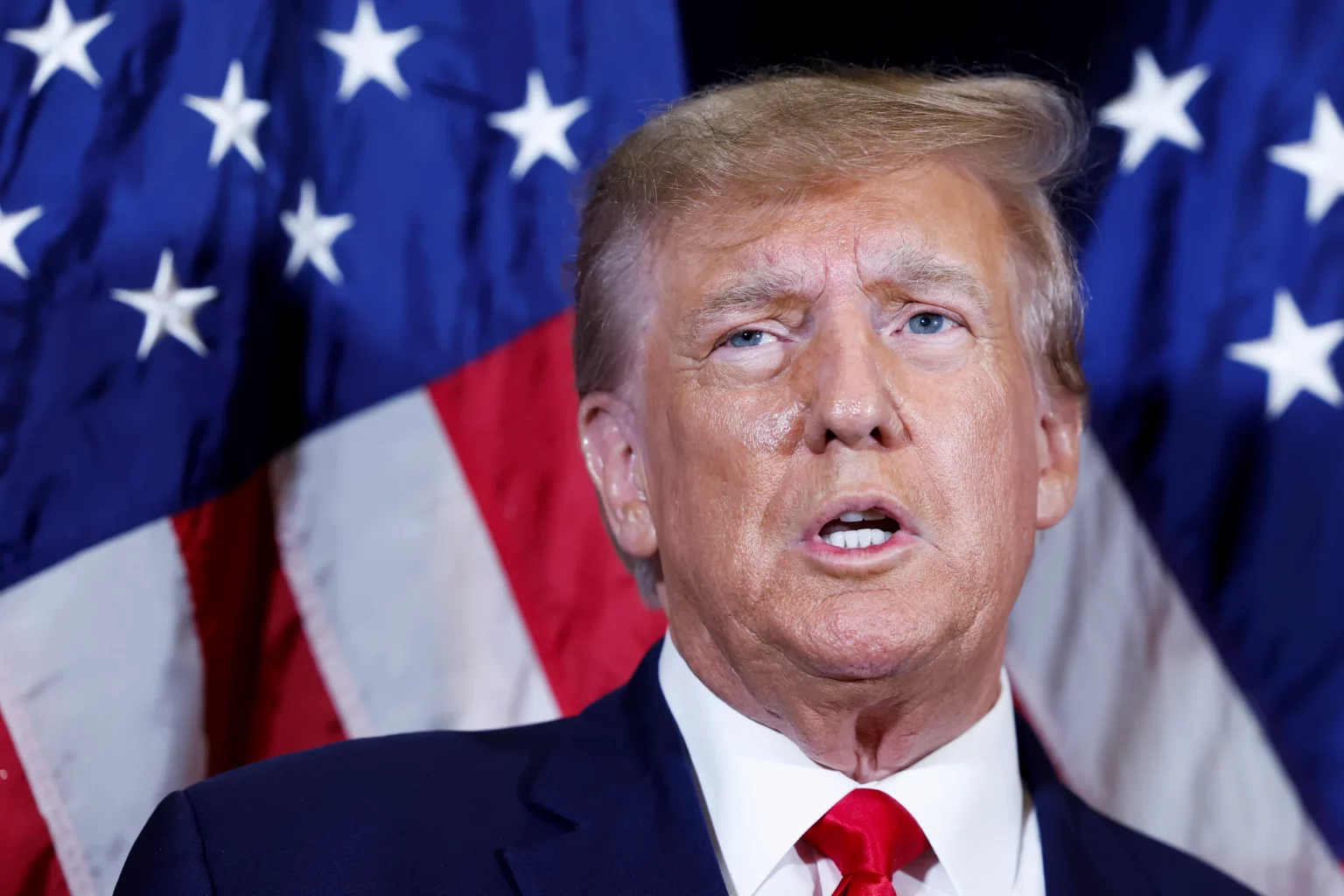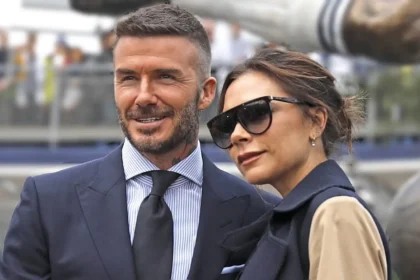Former US President Donald Trump surrendered to authorities in Atlanta, Georgia, on Thursday evening to be booked on multiple charges linked to his attempts to reverse the state’s 2020 election results. This marks the fourth instance this year that Trump has faced criminal charges, making it an unprecedented situation in US history.
Departing from his New Jersey golf club, Trump traveled to the notorious Fulton County jail in Atlanta. The charges are part of a sprawling racketeering case that has captured significant attention. However, due to a pre-arranged consent bond agreement, Trump’s processing through the jail is expected to be swift. Under the agreement, Trump consented to a $200,000 bond and other conditions, including refraining from using social media to target co-defendants and witnesses involved in the case.
The former president’s surrender in Georgia comes after a series of legal battles earlier this year. In April, he faced state charges in New York related to a hush money scheme. In June, he surrendered to federal authorities in Miami in connection with charges stemming from the mishandling of classified documents. Most recently, he was arrested and arraigned in Washington, DC, for charges associated with his efforts to overturn the 2020 election.
These legal proceedings coincide with ongoing speculation about Trump’s potential run for the presidency in the upcoming year.
In a notable move ahead of his surrender, Trump replaced his top Georgia lawyer with Steven Sadow, a well-known Atlanta-based attorney with expertise in white-collar and high-profile defense.
Fulton County District Attorney Fani Willis, who is leading the case against Trump and his co-defendants, has requested an October 23 trial date for the election subversion case. While the proposed timeline is ambitious, it aligns with Willis’s commitment to beginning the trial within six months of the indictment.
The indictment includes 13 counts against Trump, ranging from racketeering to conspiracy charges and solicitation of a public official to violate their oath of office. The charges stem from Trump’s alleged efforts to overturn the 2020 election through various means, including pressuring election officials and filing lawsuits with dubious merit.
The legal proceedings are expected to be complex, with experts anticipating potential pre-trial disputes and complications due to the involvement of multiple defendants. The situation underscores the unique legal challenges faced by a former US president.




